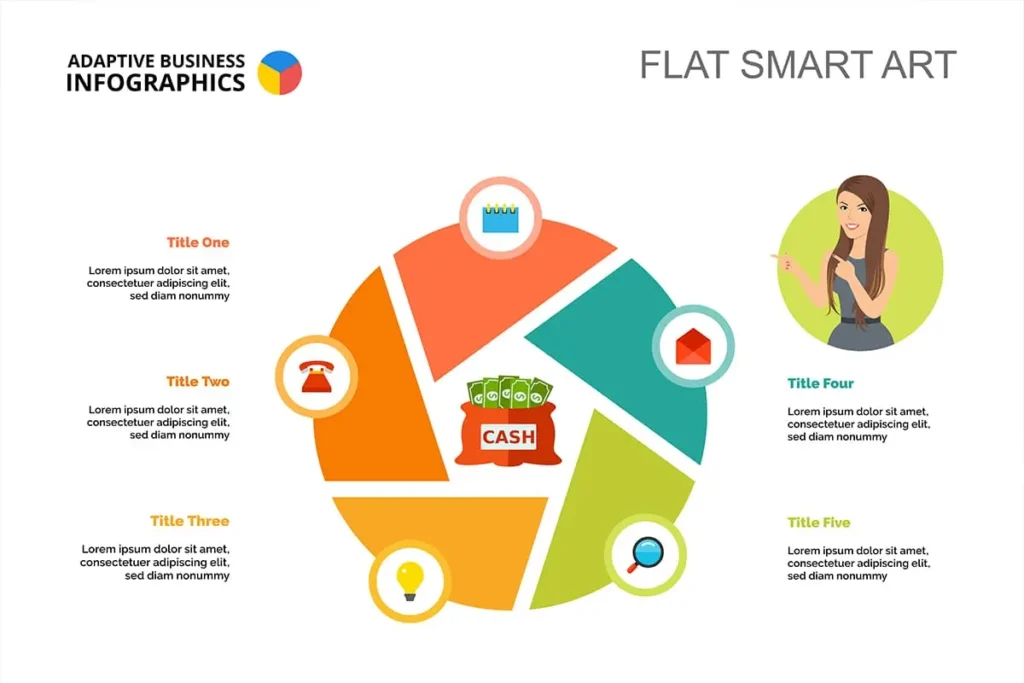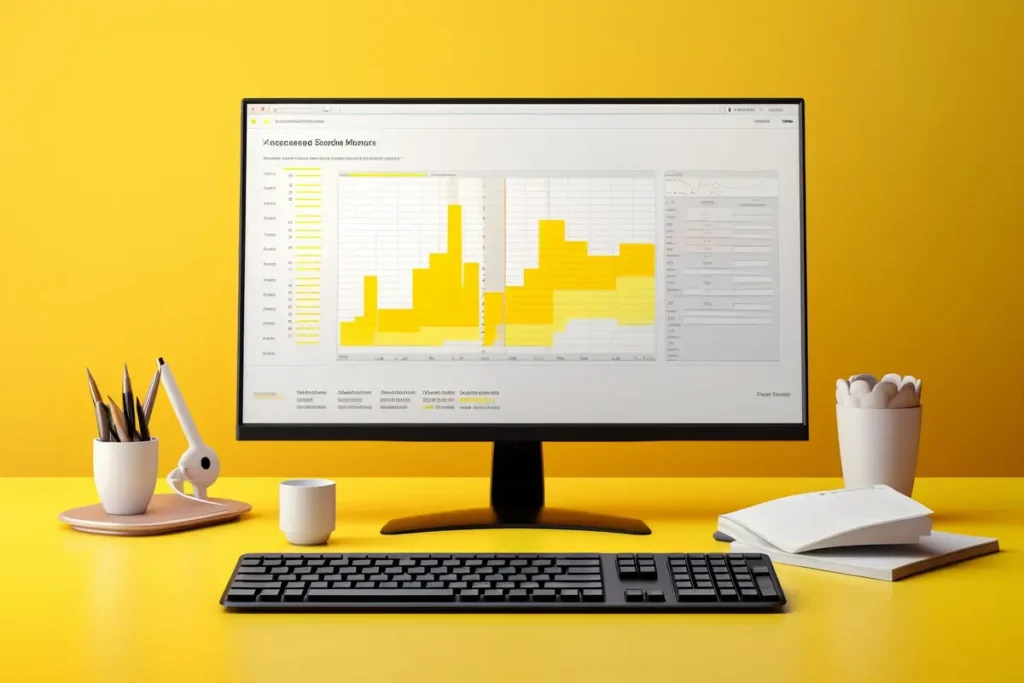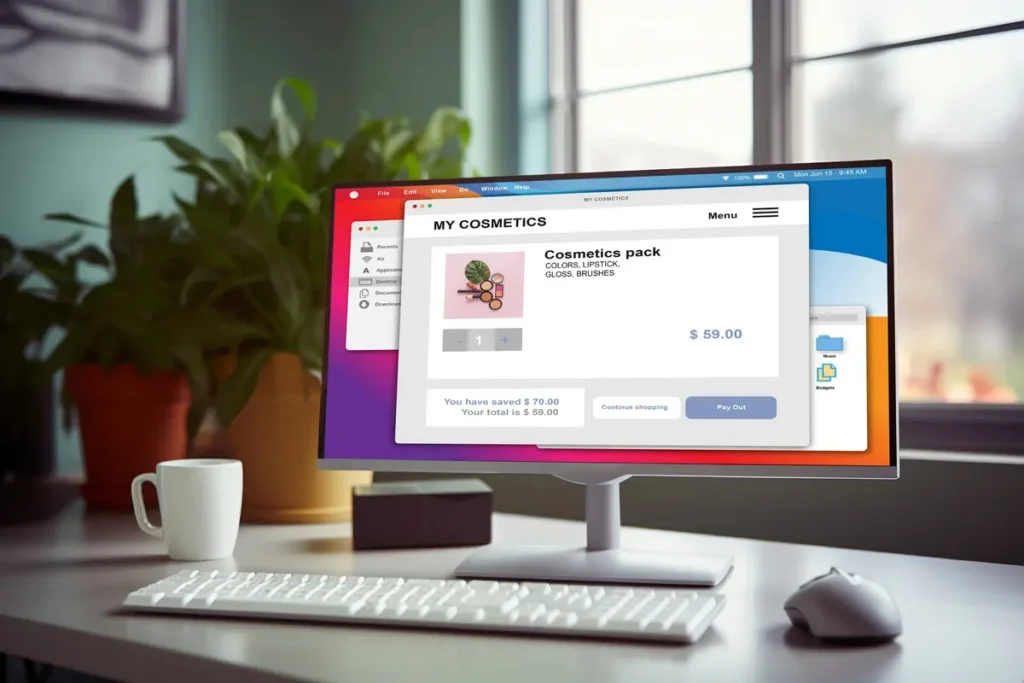Digital Marketing Tips for Small Businesses
In today’s digital landscape, small businesses must leverage online platforms to grow their reach, attract customers, and remain competitive. Effective digital marketing can seem overwhelming for small business owners with limited resources, but with strategic planning and the right tips, success is achievable. Here’s a guide to help small businesses navigate the digital marketing world.
Table of Contents
1. Define Your Target Audience for Small Business Marketing Success

Understanding your audience is the cornerstone of successful digital marketing. Start by identifying key demographics, such as:
- Age
- Gender
- Location
- Interests
- Pain points
Tools like Google Analytics, social media insights, and customer surveys can provide valuable data. By knowing your audience, you can tailor your campaigns to meet their needs effectively.
2. Build a Strong Online Presence with Digital Marketing Tips for Small Businesses

Your website and social media profiles are your digital storefront. Ensure they are:
- Responsive: Mobile-friendly design is non-negotiable.
- Fast: Optimize your website to load within 2–3 seconds.
- Clear and Informative: Provide essential business information such as services, contact details, and location.
Invest in a professional logo and branding to ensure consistency across all platforms.
For professional and consistent branding across platforms, use tools like Canva to design high-quality visuals.
3. SEO Strategies for Small Businesses to Boost Online Presence

SEO is essential for driving organic traffic to your website. Key practices include:
- Keyword Research: Use tools like Google Keyword Planner or SEMrush to identify relevant keywords.
- On-Page SEO: Optimize titles, meta descriptions, and headers with your target keywords.
- Quality Content: Publish high-quality blog posts, guides, or videos that address your audience’s questions.
- Local SEO: Register on Google My Business and encourage customer reviews to boost local search visibility.
Use tools like Google Keyword Planner to identify relevant keywords and understand the search volume and competition for your target terms.
4. Social Media Marketing Tips for Small Businesses
![]()
Social media platforms are cost-effective ways to engage with customers. Tips for small businesses include:
- Choose the Right Platforms: Focus on platforms where your audience is active (e.g., Instagram for younger audiences, LinkedIn for B2B).
- Consistency is Key: Use tools like Buffer or Hootsuite to schedule and maintain consistent posts.
- Engage with Your Audience: Respond to comments, participate in discussions, and use polls or live sessions to foster interaction.
5. How Email Marketing Can Help Small Businesses Thrive

Email marketing offers a high return on investment (ROI). Here’s how to make the most of it:
- Build a List: Use signup forms on your website or offer incentives like discounts.
- Segment Your Audience: Send tailored emails based on customer preferences and behavior.
- Create Value-Driven Campaigns: Start building your email campaigns with free tools like Mailchimp to share exclusive content, offers, and updates.
6. Affordable Paid Advertising Tips for Small Businesses
Paid ads can accelerate your growth by reaching a larger audience. Start small and focus on:
- Google Ads: Great for targeting people searching for specific products or services.
- Social Media Ads: Platforms like Facebook and Instagram allow highly targeted campaigns based on demographics and interests.
Track performance using analytics and refine your campaigns for better ROI.
7. Content Marketing Strategies for Small Business Growth

Content marketing helps build trust and authority. Implement strategies such as:
- Blogging: Write informative posts that answer common customer questions.
- Video Content: Create tutorials, testimonials, or behind-the-scenes videos.
- Infographics: Simplify complex data into visually appealing graphics using tools like Canva.
Repurpose content across multiple channels to maximize its impact.
8. Measure and Optimize Digital Marketing Efforts for Small Businesses

Regularly analyze your digital marketing efforts to identify what works and what doesn’t. Use tools like:
- Google Analytics: Track website traffic, user behavior, and conversions.
- Social Media Insights: Monitor engagement rates and audience demographics.
- Email Metrics: Measure open rates, click-through rates, and conversions.
Set SMART (Specific, Measurable, Achievable, Relevant, Time-bound) goals to track progress and adjust your strategies.
Track website performance and visitor behavior with Google Analytics to identify what’s working and where to improve.
9. Free Digital Marketing Tools for Small Businesses

Maximize your marketing budget by using free or affordable tools:
- Canva: Design social media posts and graphics.
- Buffer or Hootsuite: Schedule and manage social media posts.
- Mailchimp: A free option for email marketing up to a certain subscriber limit.
Create visually appealing graphics for your social media posts using free design tools like Canva.
Start building your email campaigns with free tools like Mailchimp to reach your audience directly.
10. Collaboration and Networking Tips for Small Business Marketing Success
Partnering with local businesses or influencers can amplify your reach. Ideas include:
- Cross-Promotions: Collaborate with non-competing businesses to offer discounts or bundles.
- Local Events: Sponsor or participate in local events to boost visibility.
- Influencer Marketing: Work with micro-influencers who have engaged, niche audiences.
For additional tips, explore the HubSpot Marketing Blog for expert advice on collaboration and networking.
Conclusion
Digital marketing is an essential tool for small businesses aiming to grow and thrive in a competitive market. By understanding your audience, optimizing your online presence, and leveraging affordable strategies, you can achieve meaningful results. Start small, track your progress, and continually refine your approach to ensure sustainable success.
By implementing these tips, small businesses can create a robust digital marketing strategy that not only attracts customers but also builds long-term relationships.
Take action today to set your business up for digital success!


